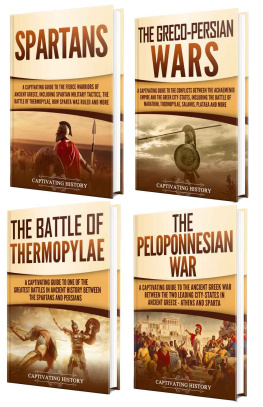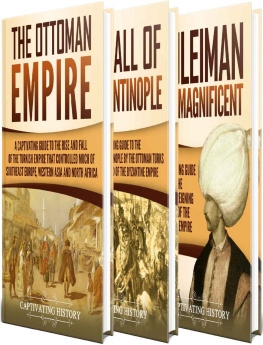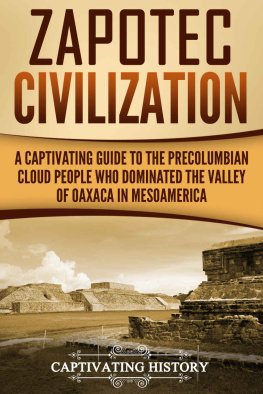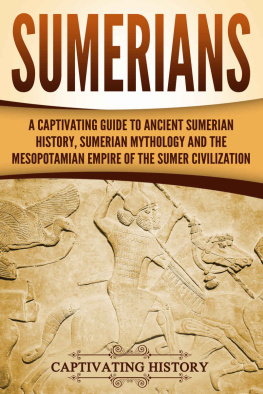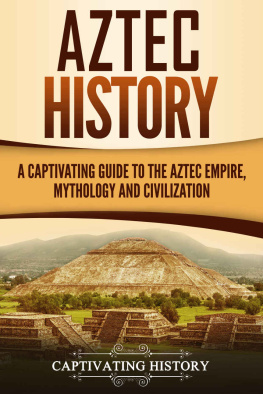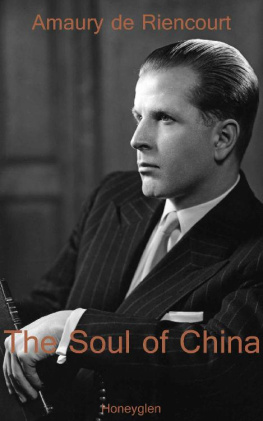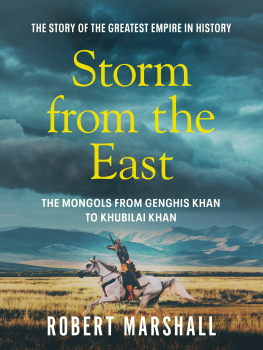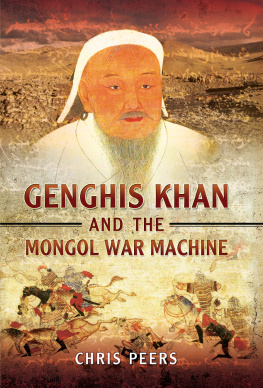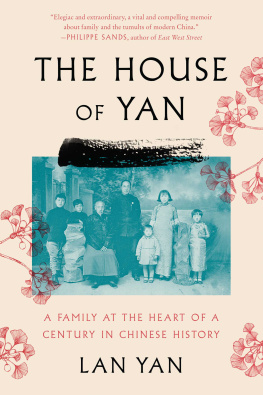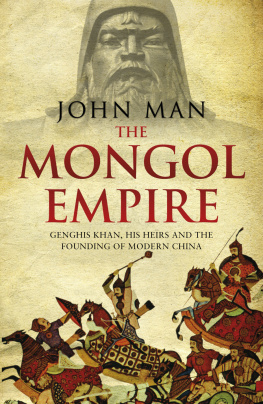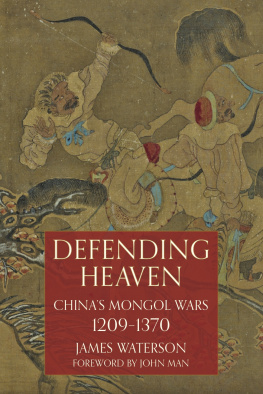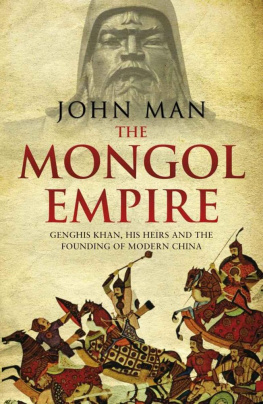History of China
A Captivating Guide to Chinese History, Including Events Such as the First Emperor of China, the Mongol Conquests of Genghis Khan, the Opium Wars, and the Cultural Revolution
Copyright 2020
All Rights Reserved. No part of this book may be reproduced in any form without permission in writing from the author. Reviewers may quote brief passages in reviews.
Disclaimer: No part of this publication may be reproduced or transmitted in any form or by any means, mechanical or electronic, including photocopying or recording, or by any information storage and retrieval system, or transmitted by email without permission in writing from the publisher.
While all attempts have been made to verify the information provided in this publication, neither the author nor the publisher assumes any responsibility for errors, omissions or contrary interpretations of the subject matter herein.
This book is for entertainment purposes only. The views expressed are those of the author alone, and should not be taken as expert instruction or commands. The reader is responsible for his or her own actions.
Adherence to all applicable laws and regulations, including international, federal, state and local laws governing professional licensing, business practices, advertising and all other aspects of doing business in the US, Canada, UK or any other jurisdiction is the sole responsibility of the purchaser or reader.
Neither the author nor the publisher assumes any responsibility or liability whatsoever on the behalf of the purchaser or reader of these materials. Any perceived slight of any individual or organization is purely unintentional.
Free Bonus from Captivating History: History Ebook
Hi History Lovers!
My name is Matt Clayton, and Im the creator of Captivating History. First off, I want to THANK YOU for reading our books in the Captivating History series. As an avid reader of History myself, I aim to produce books that will hold you captive.
Now you have a chance to join our exclusive history list so you can get the ebook below for free as well as discounts and a potential to get more history books for free! Simply click the link below to join.
P.S. If you join now, you will also receive a free Mythology book. Remember that its 100% free to join the list.
Click here to access your bonus
Also, make sure to follow us on:
Twitter: @Captivhistory
Facebook: Captivating History: @captivatinghistory
Table of Contents
Introduction
The history of China is complexperhaps more complex than that of other nations. The ethnic groups that compose China go back to prehistoric times, and each group lent its own color to the enormous nation. It is not like a diluted mixture of all its cultures; rather, it is a collage.
Yet there are immutable elements still present today. Rice originated in China, and so did stir-frying. Anyone who has enjoyed a snack or two from a delightful swimming pool imitates the same practice in the water towns of China from times past. Brocade and printed silk fabrics were first created in China. Iridescent porcelain is a product of the Ming dynasty. The Chinese were among the first to develop blast furnaces. They were the first to invent fireworks and gunpowder. And the list goes on and on.
As you read this, you will note that history tends to repeat itself in the rise and fall of the many dynasties of China. However, you will also notice that there are clear distinctions between one era and the next.
In an analysis of maps showing the expansion and decline of the many dynasties throughout Chinese history, one can readily see that the smaller kingdoms frequently relocated. Some were by nomadic societies, but others were forced to do so through the fortunes or misfortunes of war. Emperors lived and died, but one can see the characteristics of their reigns as being propelled by power and expansionism, avarice, self-defense, intellectualism, altruism, wickedness, or simply by chance.
The culture of China is rich. The poetry and writing of China are permeated with feelings and are read and respected throughout the world. The Chinese have always had a reverence for their own history, which was meticulously recorded throughout the long and dusty years. Their artwork speaks with the simplicity of nature itself, and a common theme one can find is that the individual expresses himself as a part of the whole.
This idea can be found in Sinification, the spread of Chinese culture, namely the Han Chinese culture, which is a two-pronged dilemma. Practically speaking, it creates a blending of different peoples and can yield a peaceful co-existence and a semblance of harmony, but it can also condemn the richness that comes from diversity. The various cultures of Asia prize their own heritage and way of life, but Sinification tends to eliminate that. Over time, many cultures that had been Sinicized managed to find their old traditions and bring them back to the forefront. However, their lives had been inextricably changed due to Chinese involvement, and it was not always in a bad way, as the Chinese brought agricultural advancements and more forward-thinking to some cultures.
It is impossible to describe the impact China has made on all of humankind, but this book will attempt to do so by diving into its rich history.
Chapter 1 The Land of the Yellow Emperor
The Legend of Pan Ku
From out of the chaos, the deep profoundness of the origin of life, rose Nu Kua Shih. It is said in the ancient texts that she took yellow clay in her hands and molded a man and a woman. It was up to them to keep their world healthy and whole. But they didnt always perform well, and their failure to protect the earth had ramifications.
In the world, which was composed of China, repairs were needed because of flooding. The people believed that this flooding was caused by Huang Di, the mythical Yellow Emperor, who was displeased when his people misbehaved. The Yellow Emperor was so named because he was made of the soil, which had a distinctive yellow tinge. When the wise Nu Kua Shih saw that, she took mercy upon the people and stopped the floods. Thus, the land was saved from total destruction. China has two great rivers, the Yellow River and the Yangtze, and even to this day, flooding is a perennial problem because of the periodic flooding of those rivers.
The descendants of the first ancient people of China were farmers who dwelt in city-states. Emigration was forbidden, as their leaders realized that strength resided in numbers. Defense depended upon the population, and so did the cultivation of crops. There were peasant farmers, but there were also higher-class farmers who ran estate-like farms. Later on, the peasants worked outside walled cities, and the inner areas fostered merchants, scholars, and artisans.
The first dynasty of China was called the Xia dynasty. The foundations of the Xia lay in myths, so some scholars believe that this dynasty might not have existed at all. The establishment of the Xia dynasty is credited to a man named Yu the Great. Although Huang Di was said to have curbed the floods of the Yellow River, the Xia people believed that Nu Kua Shih was the one who actually stopped the floods, and so, they deified her.
The Xia dynasty is believed to have ruled between 2100 and 1600 BCE, if it even existed at all. The problem of its authenticity lies in the fact that are no contemporary written records of it; in fact, the earliest mention of it dates to around the 13 th century BCE.


